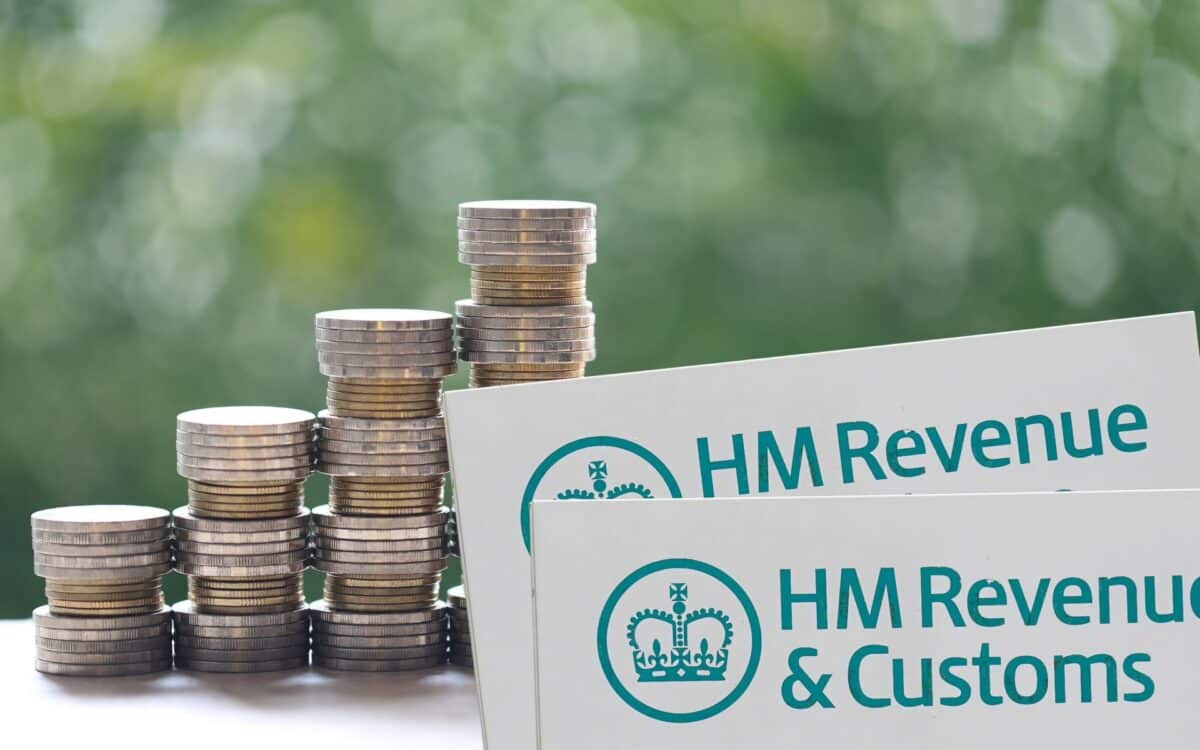Families receiving Child Benefit from HMRC will see a temporary change in their payment schedule next month due to the Easter bank holidays. The adjustment affects those who usually receive payments on a Monday or Tuesday, meaning they will receive their funds earlier than expected.
According to Manchester Evening News, this change is necessary due to the timing of Easter in 2025, which falls later than in 2024. While this shift may seem minor, it could impact budgeting for families relying on these payments for essential expenses.
Why Payments Are Changing in April
Child Benefit is typically paid every four weeks on a Monday or Tuesday. However, in April, Easter Monday falls on April 21, which is a bank holiday in the UK. As a result, payments scheduled for that day will be made earlier than usual.
Families expecting their payment on Monday, April 21 will instead receive it on Thursday, April 17. The adjustment is necessary because Friday, April 18, is also a bank holiday for Good Friday.
According to The Mirror, “Easter is happening at a later date this year compared to 2024, with Good Friday falling on April 18 and Easter Sunday on April 20.”
This shift may cause financial planning challenges for some families, especially those who rely on the benefit to cover essential expenses such as food, childcare, and school-related costs.
What This Means for Families
While the early payment may provide some short-term relief, it also means that families will have a longer gap before their next scheduled payment in May. Since HMRC issues Child Benefit every four weeks, those receiving an early payment in April will need to wait longer than usual for their next instalment.
Families should take this into account when managing their monthly budget, ensuring that they allocate funds appropriately to cover any potential shortfalls.
Who Receives Child Benefit?
Around seven million families in the UK receive Child Benefit, which is available to anyone responsible for a child under 16 years old (or under 20 years old if they are in approved education or training).
The current rates for Child Benefit are :
- £25.60 per week for the first child
- £16.95 per week for each additional child
The benefit is available to parents, guardians, and foster carers, provided HMRC does not consider the local council responsible for covering the child’s accommodation or maintenance costs.
Additionally, only one person can claim Child Benefit per child, but there is no limit to the number of children for whom an individual can claim.
Who Is Eligible?
To qualify for Child Benefit, a person must live in the UK and usually reside with the child, unless they contribute at least the same amount as the benefit towards the child’s upkeep.
For children over 16, eligibility extends to those in approved education or training, including A-Levels and NVQs, for at least 12 hours per week. Fostered children can also qualify, but only if their local council is not covering their living expenses.
Additionally, parents or guardians should be aware that failing to claim HMRC Child Benefit could affect their National Insurance record, which may impact their future State Pension entitlement.
Income-Related Repayment Rules
Families where one parent earns over £60,000 per year are subject to the High-Income Child Benefit Charge. This means that for every £200 earned above £60,000, 1% of the benefit must be repaid. Those earning £80,000 or more are required to repay the entire amount.
Many higher earners choose not to claim Child Benefit to avoid the need for repayment, but it is still advisable to register for the benefit, as it helps protect eligibility for National Insurance credits that contribute to the State Pension.









